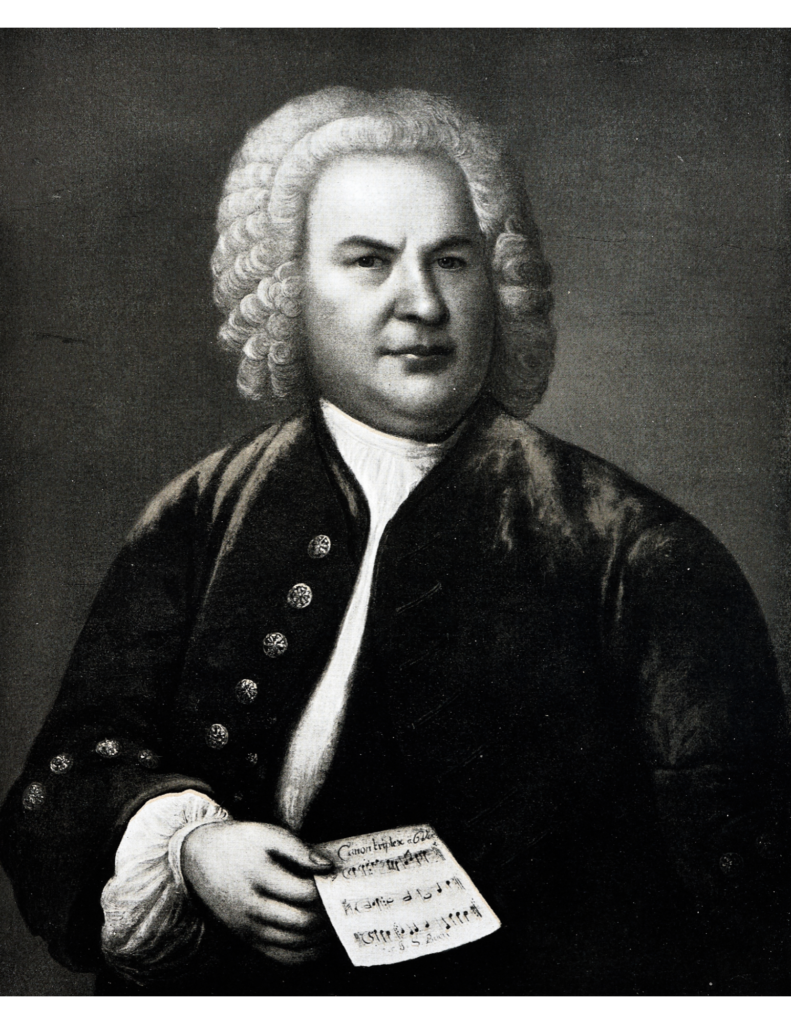Hello and welcome back! For today’s post, I have something to share that—according to my mom—happens to people no matter how old you are. (Though I’m not saying my mom is old. At least, not that old.) The topic I want to cover is dealing with frustration.
When I feel upset, bothered, or annoyed I can get easily frustrated. It can be a big or small feeling. It can come from a person (like my sister—but only sometimes!) or a thing. In my story, it’s a thing. And that thing is this really hard song I started learning on the piano a few weeks ago. It was piano frustration at its best (or worst?).
I can tell you that the biggest lesson I’ve learned from my piano frustration so far is this: when facing a tough situation, it’s important to find ways to get (or stay) calm.

Practice makes possible
I’ve been playing piano for about six years. I’ve had the same piano teacher, Ms. M, since I started. Ms. M. is very funny and nice, but she’s also a bit tough. As in, no slacking off. She’s understanding if I have an off week, but Ms. M. pushes me to always do my best. One of her favorite sayings is “practice makes possible.”
A few weeks ago, Ms. M. assigned me one of composer Johann Sebastian Bach’s pieces. (He’s the guy in the picture above.) She said the song is a beautiful song, but it will take a lot of work to make it sound beautiful. Ms. M. asked if I was up for the challenge. Of course, I said “yes.”
Those first few weeks, though, I wish I’d said “no” to Ms. M.’s challenge. I didn’t realize how complicated the piece was until I started practicing. Now I don’t want to speak badly about Mr. Bach, but I have to tell you, he wrote a really hard song!
For starters, the notes in the Bach piece were tricky to learn. Assuming you’ve figured out the notes, you then have to move your hands quickly to keep up with the complicated melody. This was not like the easy songs I had learned when I was little. I’m sure Bach didn’t have any specific plans for causing me piano frustration (especially since he was born in the late 1600s). But he did.

Bach to basics
When I first started working on the song, I asked my mom for some help. Because my mom took piano lessons for many years when she was a kid, she’s kind of like my back up teacher. When I was younger, she helped me whenever I got stuck on something. But now that I’m older and more advanced, Ms. M. and my mom thought it was important for me to do more things on my own. One of those things they wanted me to do on my own was figure out the notes in the songs I’m learning.
When I looked at the Bach piece, I tried to figure out the first few notes. I got some of them, but as soon as I got to a hard one, I immediately called my mom over for help.
“What note is this one?” I asked, pointing to a note in a high octave.
“Did you try to figure the note out by counting up from G?” she asked. (G is one of the first notes every piano player learns.)
“I tried, but I couldn’t figure it out,” I said without looking at the music. The truth was, that I didn’t really try all that hard. But I knew that I could finish practicing faster if my mom just told me what the notes were.
“I know this is a tough piece. But are you sure you really tried?” my mother asked again looking more closely at me. She could always tell when I wasn’t being honest!
“You’re better at figuring out the notes. Can’t you just tell me?” I snapped at my mom. I knew when the words came out of my mouth that I went a step too far. Piano frustration makes me do things that sometimes I can’t help.
Before my mom could respond, I ran to my room. 
Sick and tired of piano
When I got to my room, I thought about how hard the Bach piece was. How I was never going to learn it. I started feeling sorry for myself.
The more I thought about all the practicing I would have to do for this hard song, the more tired I felt. Except it was only late afternoon. In fact, it was almost dinnertime. It definitely wasn’t time for bed.
Maybe I was coming down with something. If I was sick, then perhaps I wouldn’t have to practice piano. I took my temperature just to check. I didn’t have a fever. Nothing hurt me and I didn’t feel achy.
The more I thought about it, the more I didn’t actually want to be sick. I had a big soccer game coming up on Saturday.
After that, I may or may not have cried a little bit. Piano frustration can do that to even the best piano players.
Almost as soon as I stopped crying, my mom called and said it was time for dinner.

Ending on a high note
After dinner (meatballs and spaghetti, one of my favorites!), I didn’t feel as angry or upset about piano.
“Would you like to try practicing piano again?” my mom asked once we’d cleared the plates.
“It’s been a long day,” I said. “I’ll practice extra tomorrow.”
The next afternoon, as soon as I finished my homework, I went back to the piano. I worked on figuring out the notes for the part of the song I had to learn. To my surprise, I was able to do it.
Even though it took me a while to get my assigned section right, I figured things out myself. Plus, I practiced the piece so much that the song didn’t seem so hard anymore.
I was really proud of myself. My mom was too. I knew Ms. M. would be pleased with my work when it was time for my next lesson. And I was right.
While I’d like to say that I never had piano frustration again, that wouldn’t be true. In fact, every time I learn a new song, it’s always a bit rocky in the beginning. (It’s good to stretch your abilities a little, though, otherwise you don’t learn.)
But, I am getting better and better at managing my piano frustration. Whether it’s taking a few deep breaths or a short break, it’s important to find ways to refocus your energy. And as hard as it sometimes feels, believing that you can overcome whatever obstacle you’re facing is key. Be positive!
OK, it’s time for me to practice piano. (Though I’m sure you could’ve guessed that!)
Until next time, be your best you.
How do you handle frustrating or challenging situations? Tell me about it in the comments section!










